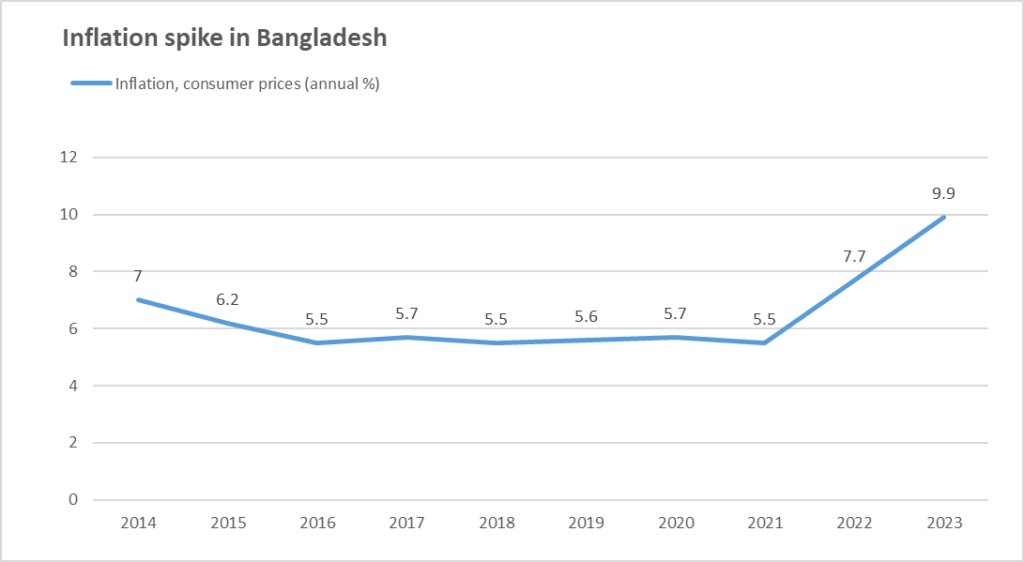Analyzing South Asia’s Crisis
South Asia has experienced significant political turbulence in recent years, with countries like Afghanistan, Pakistan, Sri Lanka, and Bangladesh undergoing dramatic shifts. These events have not only reshaped the region’s political landscape but also had profound implications for their economies and societies. This article delves into the key political changes in these countries, analyzing their causes and consequences.
Afghanistan: Taliban Takeover
The Taliban’s Military Offensive in 2021
The Taliban’s resurgence in 2021 marked a critical juncture in Afghanistan’s history. Following the withdrawal of US and NATO forces, the Taliban launched a rapid military offensive, capturing provincial capitals and eventually taking control of Kabul. This offensive signaled the end of the US-backed Afghan government and the beginning of the Islamic Emirate of Afghanistan.

The Fall of Kabul
The fall of Kabul on August 15, 2021, was a turning point. President Ashraf Ghani fled the country, and the Taliban swiftly moved into the capital. The sudden collapse of the government led to chaos, with thousands of Afghans attempting to flee the country.
Establishment of the Islamic Emirate of Afghanistan
With Kabul under their control, the Taliban established the Islamic Emirate of Afghanistan, enforcing their strict interpretation of Islamic law. This new regime imposed severe restrictions on women’s rights, including banning girls from secondary education and imposing dress codes. The economic situation also deteriorated rapidly, with international sanctions exacerbating the crisis.
International Community’s Response
The international community’s response to the Taliban takeover has been largely critical. Many countries have imposed sanctions and withheld official recognition of the Taliban regime. Humanitarian aid has been limited, and the economic sanctions have further strained Afghanistan’s already fragile economy.
Pakistan: Imran Khan’s Ouster amid Anti-Army Protests
Imran Khan’s Ouster in April 2022
In April 2022, Pakistan witnessed a significant political upheaval with the ouster of Prime Minister Imran Khan. His removal from office was driven by a combination of political and military tensions. Khan’s relationship with the military had soured over his attempts to assert civilian control over military appointments and foreign policy decisions.
Relationship with the Military
The tension between Imran Khan and the military was a key factor in his ouster. Khan’s efforts to influence military appointments and his foreign policy stance, particularly towards India and the United States, were seen as overstepping the traditional boundaries of civilian-military relations in Pakistan.
Political Struggles and Widespread Protests
Following his removal, Imran Khan faced intense political struggles. His supporters took to the streets in large numbers, leading to widespread protests. These demonstrations highlighted the deep political divisions within Pakistan and the significant support that Khan still commanded.
Economic Challenges
Pakistan’s economy has been grappling with numerous challenges, including high inflation, energy shortages, a depreciating currency, and a looming debt crisis. These economic difficulties have compounded the political instability, making it harder for the government to address the needs of its citizens.



Sri Lanka: Mass Protests Force Rajapaksa to Flee
Resignation of President Gotabaya Rajapaksa in July 2022
In July 2022, mass protests in Sri Lanka forced President Gotabaya Rajapaksa to resign and flee the country. The protests were sparked by widespread discontent over the government’s economic mismanagement, which had led to severe shortages of essential goods and services.
Economic Mismanagement and Public Discontent
The economic crisis in Sri Lanka was the result of a combination of factors, including poor fiscal management, corruption, and the impact of the COVID-19 pandemic. The government’s inability to address these issues led to a loss of public trust and fueled the protests.

Challenges Faced by the New Government
The new government, led by Ranil Wickremesinghe, faces significant challenges in addressing the economic crisis and restoring public trust. Measures to stabilize the economy and implement reforms are urgently needed, but these efforts are complicated by the deep-rooted structural issues and public skepticism.

Bangladesh: Hasina Resigns, Flees to India
Sheikh Hasina’s Resignation and Flight to India in August 2024
In August 2024, Prime Minister Sheikh Hasina of Bangladesh resigned and fled to India amid escalating protests. The protests began with students opposing a government employment quota system but quickly expanded to include widespread grievances against Hasina’s administration.
Nationwide Protests and Reasons Behind Them
The protests in Bangladesh were driven by multiple factors, including allegations of corruption, economic mismanagement, and harsh crackdowns on dissent. These issues resonated with a broad cross-section of society, leading to widespread unrest.
Current Political Situation and Formation of an Interim Government
The current political situation in Bangladesh remains tense. Authorities are attempting to form an interim government to stabilize the country, but the process is fraught with challenges. The interim government must navigate a complex political landscape and address the underlying issues that fueled the protests.

BNP’s Anti-India Stand
Historical Context of BNP’s Stance
The Bangladesh Nationalist Party (BNP) has historically taken a less friendly stance towards India compared to the Awami League, led by Sheikh Hasina. This position dates back to the party’s founder, Ziaur Rahman, who sought to distance Bangladesh from India’s influence.
Influence of Ziaur Rahman
Ziaur Rahman’s policies aimed to establish a distinct national identity for Bangladesh, separate from India’s influence. This approach has continued to shape the BNP’s stance towards India.
Relations with Pakistan and China
The BNP has historically maintained closer ties with Pakistan and China. These relationships have been influenced by strategic and economic considerations, as well as shared geopolitical interests.
Allegations of ISI Support
There have been allegations that Pakistan’s Inter-Services Intelligence (ISI) supported pro-Pakistan elements within the BNP during its rule. These allegations have added to the complexity of Bangladesh’s political landscape and its relations with neighboring countries.
The political shifts in South Asia over the past few years have been profound and far-reaching. From the Taliban’s takeover in Afghanistan to the political turmoil in Pakistan, Sri Lanka, and Bangladesh, these events have reshaped the region’s dynamics. The future stability and prosperity of South Asia will depend on how these countries navigate their internal challenges and their relationships with each other and the international community.
